
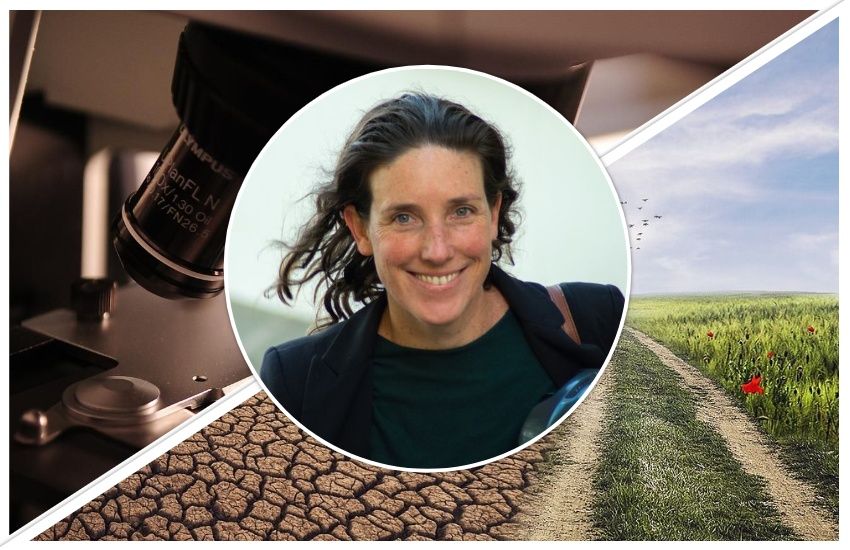

With record-breaking temperatures making national headlines, the President of the Committee for the Environment and Infrastructure spoke to Express about the importance of understanding of scientific consensus.
Deputy Lindsay de Sausmarez commented not only on the subject of climate change, but the understanding of science generally. “It is important to note that there are people who hold marginal views across different scientific areas,” she said.
People who hold marginal views, whether it be on climate change, the theory of evolution, the efficacy of vaccines or the understanding that the world is round, tend to make the same errors of reasoning.
“Quite often, people who old marginal views rely on selectively cherry-picked evidence that can be very narrow in its parameter. This evidence may support their view, but often ignores the greater weight of evidence which does not support their view. It is very easy, when you’re prepared to take a narrow view, to find evidence which supports your view, but that is not how science works.”
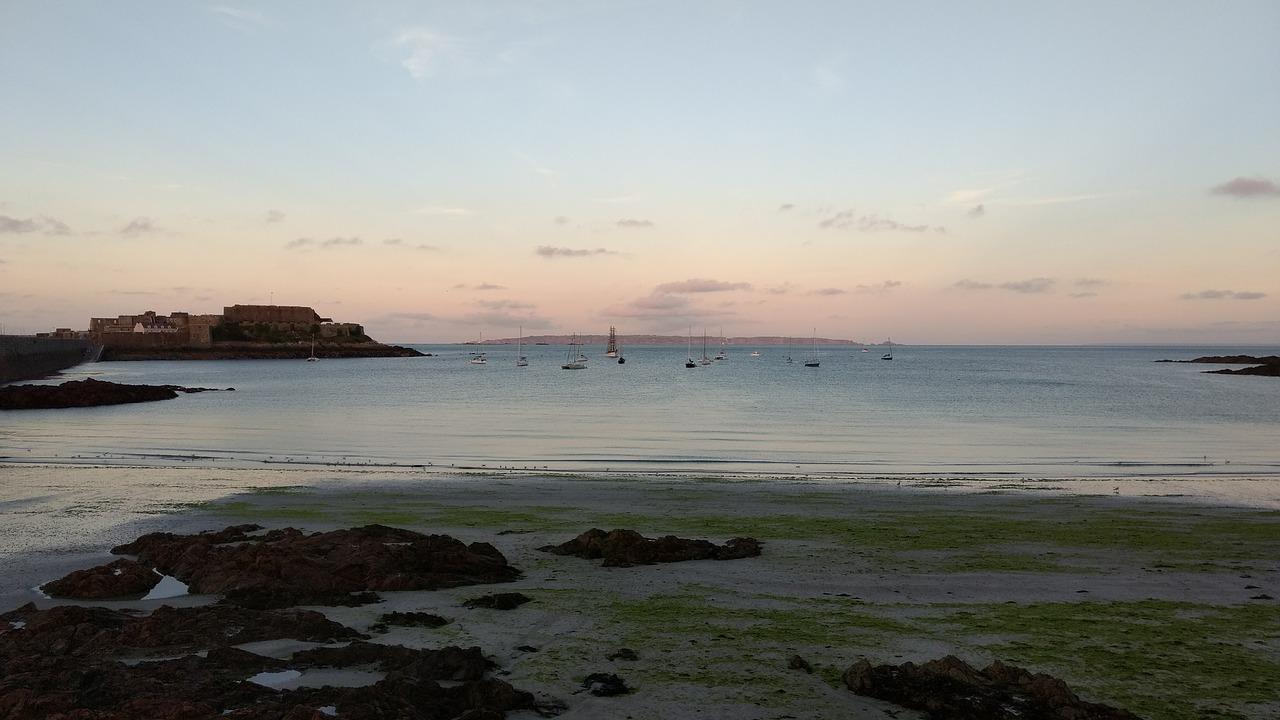
Pictured: Deputy De Sausmarez said that local empirical data shows the island's tides are changing due to climate change.
Deputy De Sausmarez said that that science works on the concept of warrant, not proof.
“There is never definitive proof, there is always the possibility that evidence in the future may undermine your current understanding. All science relies on that openness of mind,” she said.
“Warrant works when there is enough evidence to support a hypothesis or theory that has been very robustly tested to have a good degree of confidence that the theory is correct. That is what the scientific consensus on climate change is.
“I am not a scientist. Because I am not a climate scientist, I am keen to understand what climate scientists think and why they think that. We have to go on the best available evidence and, luckily, we have a huge amount.”
Deputy De Sausmarez said there is debate surrounding climate change in the public sphere.
“In the scientific community, there is no debate. The evidence is very, very, very, strong and there is an overwhelming scientific consensus on the fundamental points,” she said.
“I think it’s really important for people to understand that some people who hold marginal views will present climate change as a debate. It was also presented as a balanced debate by the media for far too long."
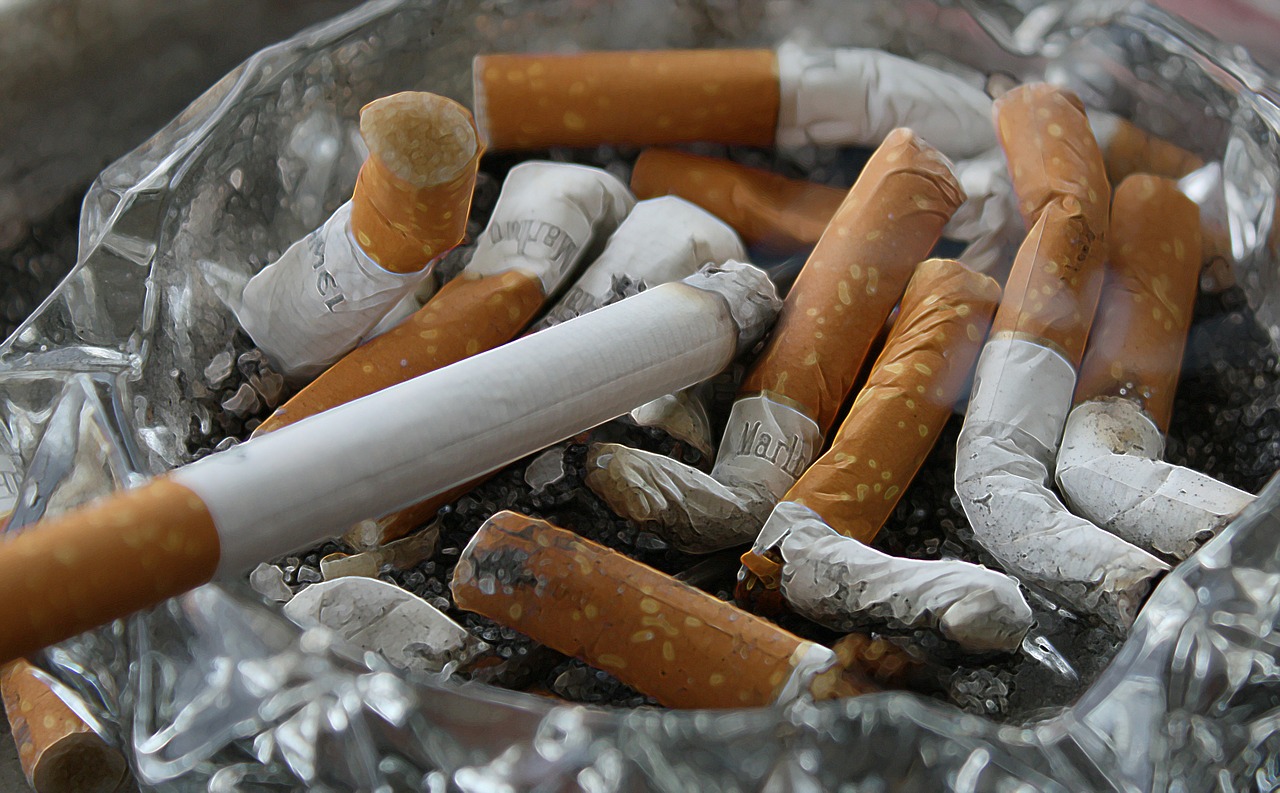
Pictured: Deputy De Sausmarez said the tobacco industry used public relation campaigns to "sow doubt", on the science that smoking is bad for your health.
Deputy De Sausmarez continued: “There is overwhelming evidence, which has been very robustly tested, to support the understanding that the climate is already changing, the climate will continue to change and those are primarily the result of human activity, not solely, but primarily.
“The scientific consensus has been confirmed through the work of many bodies, most authoritatively the IPCC, who draw together on hundreds of climate scientists with different areas of expertise, from different backgrounds on a regular basis. Those many hundreds of scientists assess many thousands of studies and find the area of consensus. They are able to put degrees of confidence against that.”
Deputy De Sausmarez said that, while not wanting to give credence to the marginal view that climate scientists may not be correct, it was worth thinking about “the gamble”.
“Even if we imagine that the huge weight of the scientific community has it wrong if we transition to a cleaner, healthier, ultimately affordable way of life, what would be the problem?
“To query whether climate change is manmade or not is irrelevant, we still have to reduce the effects. If someone is querying whether climate change is happening and it’s a gamble in their mind, then if they’re wrong there are pretty apocalyptic effects that we will have to deal with in the decades to come.
“If they’re not wrong, what have we lost? We have transitioned to a cleaner, more affordable, healthier, fairer economy and way of life.”
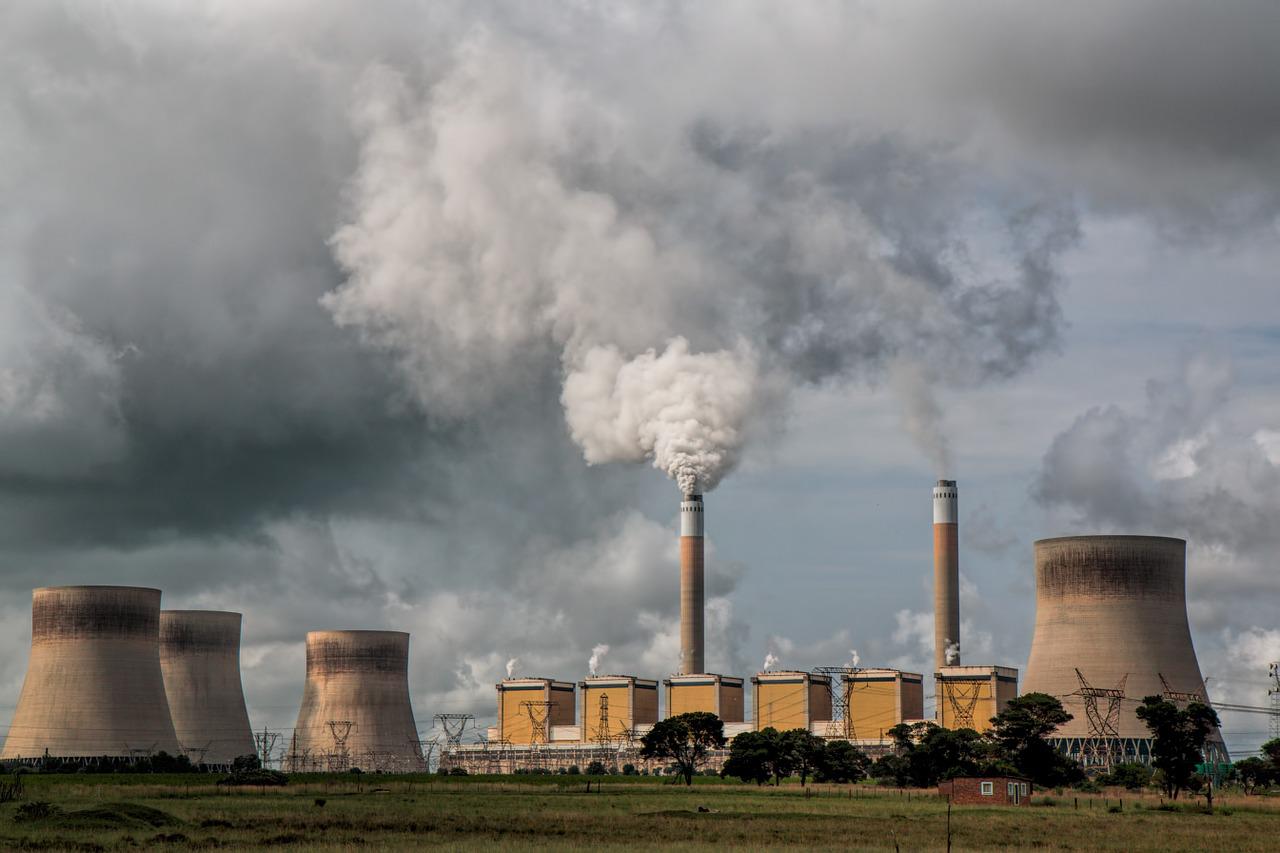
Pictured: Reliance on finite resources such as fossil fuels is known as "brown energy".
Deputy De Sausmarez said that the science of climate change “should speak for itself, but it doesn’t cut through”.
“We know that there have been instances where sowing doubt in science has been used as a tactical technique. If you think back to cigarettes and the science that it causes lung cancer, 'Big Tobacco' used public relation campaigns to sow doubt in the science in order to delay what we now think of as inevitable,” she said.
“They were attempting to delay actions which would ultimately reduce sales of their product. No one argues that smoking is bad for you anymore, but if you rewind a few decades, that link was established scientifically in the 1950s.
“There was a very deliberate strategy employed by businesses with a direct vested interest in selling tobacco, to undermine the science. It’s a great example of how slick public relations campaigns were successful in undermining the science.”
Deputy De Sausmarez said PR campaigns rely on “people not understanding how science works”.
“Many people who are not scientists assume that it is about proof. It is not about definitive proof. It is not about definitive proof, it is about building enough evidence and robustly testing that evidence to establish whether a theory warrants belief,” she said.
“This is not about climate change, it is much broader than that. It is about science. There are people who hold marginal views, and they will hold them for whatever their personal reasons are, but it is important, especially as policy makers, to look at that in the context of what the scientific consensus is."
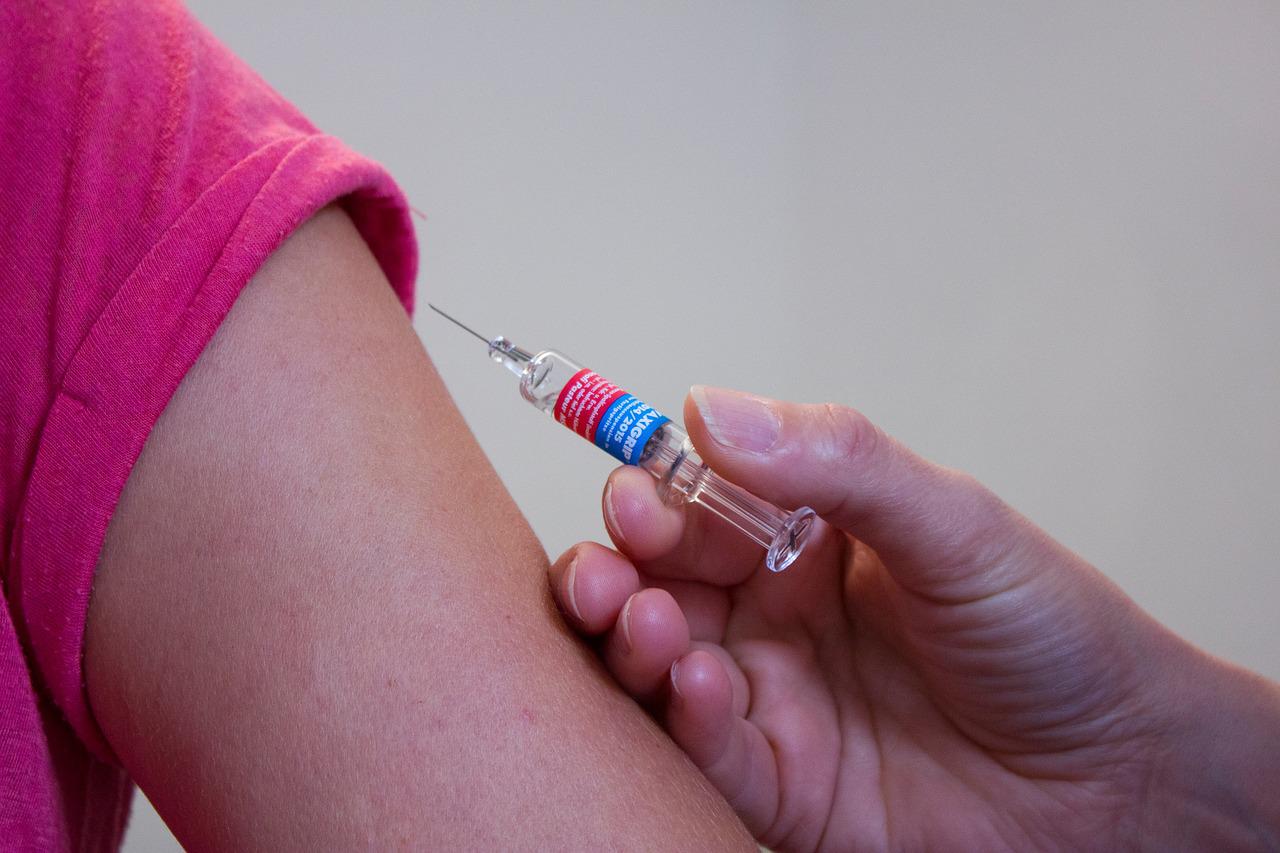
Pictured: Deputy De Sausmarez said policy holders can be aware of marginal views over the efficacy of vaccines, but had an obligation to "act on the best available science".
Deputy De Sausmarez continued: “When it comes to public health policies, for example vaccinations, we need to look at what the scientific consensus is. We have a strong body of evidence to suggest that, on the whole, vaccines are highly effective and save lives. It’s not to say it doesn’t hold risk, there is a risk, but it’s all about proportion.
“Policy makers have to look at the broad sweep of scientific consensus on many issues. It’s fine to be aware of marginal views, which can often be very easy to test by scientists and to see how those views do not hold credence.”
Deputy De Sausmarez said that another PR problem with climate action over the last few decades has been the fact that climate change for a long time felt like an abstract concept. It also felt like something that would happen to other people, not us.
“To a degree, that is true because the worst impacts will be felt by people in other parts of the world, but it is really important to emphasis that we have our own local empirical data of climate change.
“We can look at our own empirical data sets and confirm that climate change is happening. Our climate is changing, our temperatures are changing, our sea levels are rising, our rainfall patters have altered, our seasons and related ecology has changed. We have a wealth of our own local empirical data that supports the global empirical database.
“Guernsey is not different. We are already being affected by climate change.”

Pictured: Deputy De Sausmarez questioned "what's not to like?" about switching to "cleaner and healthier" green energy.
Deputy De Sausmarez said that we cannot stop climate change from happening but that there was “a narrowing window of opportunity not to stop climate change, but to reduce its most severe impacts”.
“Even if we implemented net zero tomorrow, it wouldn’t stop climate change, but it is not a binary win or lose situation, it is a spectrum of impacts,” she said.
“Every single fraction of a degree of warming has increased impacts. Therefore, everything we can do to mitigate climate change is worth doing. It doesn’t mean we will stop the effects, but it will mean that we can potentially significantly reduce the severity of its impacts on us."
Deputy De Sausmarez said it was important to acknowledge that we can influence the degree to which climate change will impact future generations.
“What makes me so sad about this vein of skepticism that tries to prevent us acting on climate change is that our generation, the one making the decisions, are not the ones picking up the biggest bill. It will be our children and their children and so on,” she said.
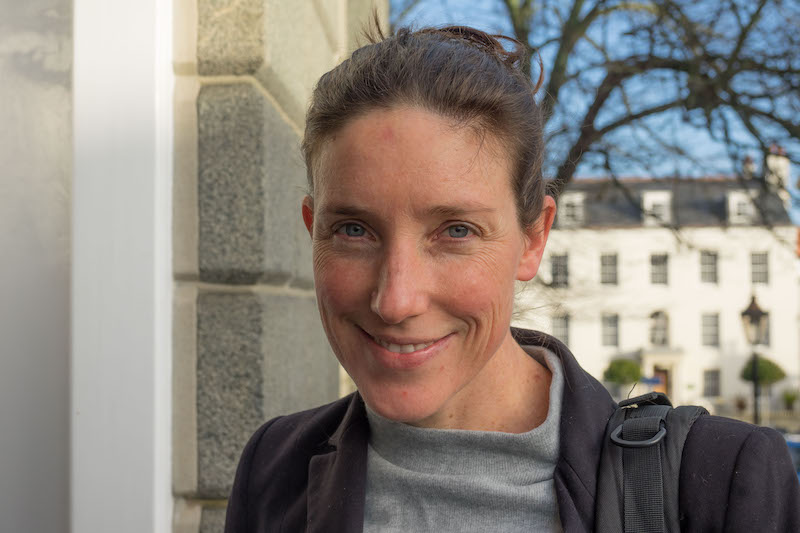
Pictured: President of the Committee for the Environment and Infrastructure, Deputy Lindsay de Sausmarez.
“The costs will be beyond our current comprehension if we don’t act more effectively on climate change as a goblal community soon. We are rightly focused on the cost of mitigating climate change, but I think those costs will be dwarfed by the costs of not dealing with climate change," continued Deputy De Sausmarez.
“We have a moral obligation to younger and future generations to act on the best available scientific understanding to reduce the impacts on climate change. Ultimately it will be a win-win because we will end up with a more efficient, cleaner, healthier and far less damaging economy and way of life than we would if we continue the status quo.”
Comments
Comments on this story express the views of the commentator only, not Bailiwick Publishing. We are unable to guarantee the accuracy of any of those comments.